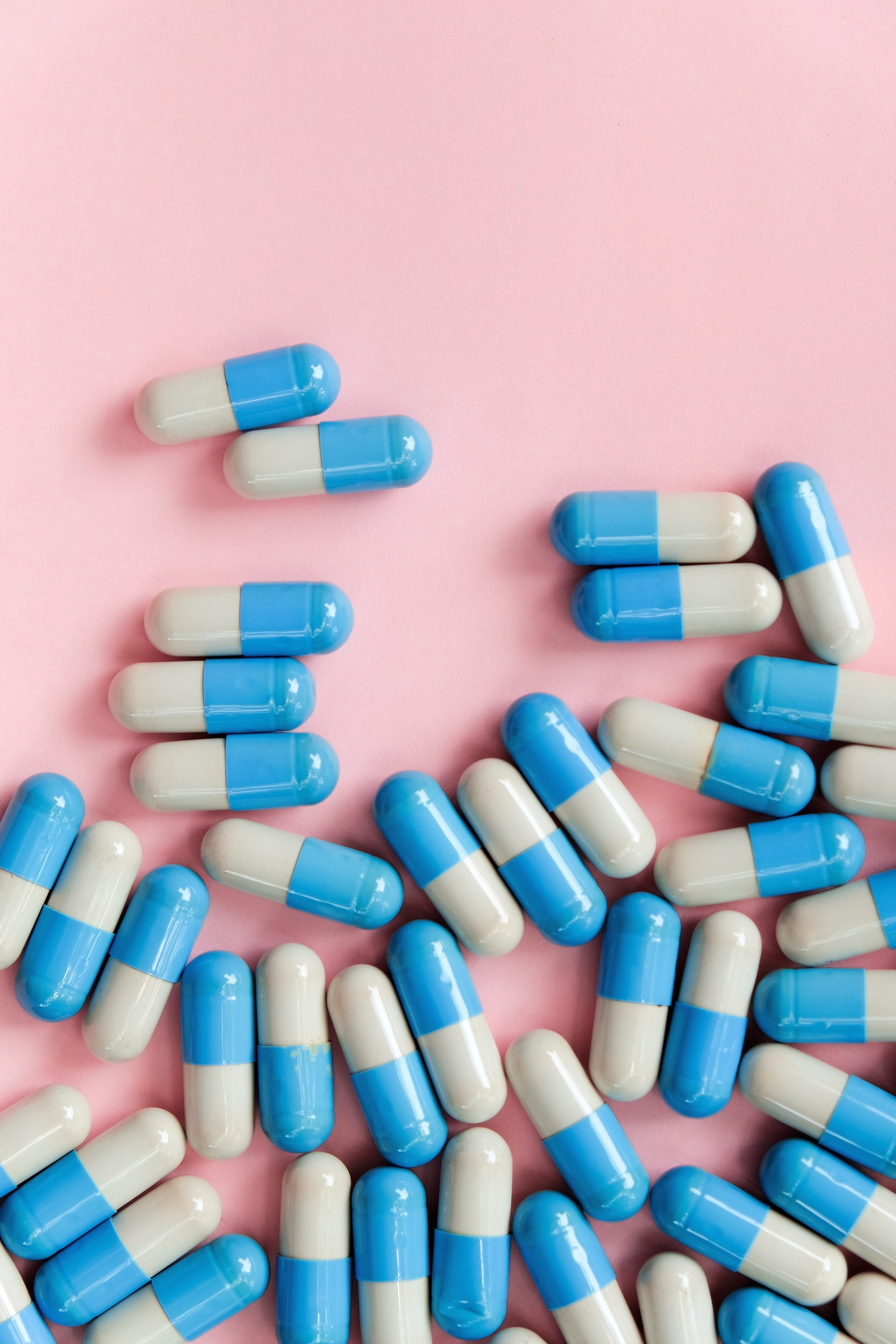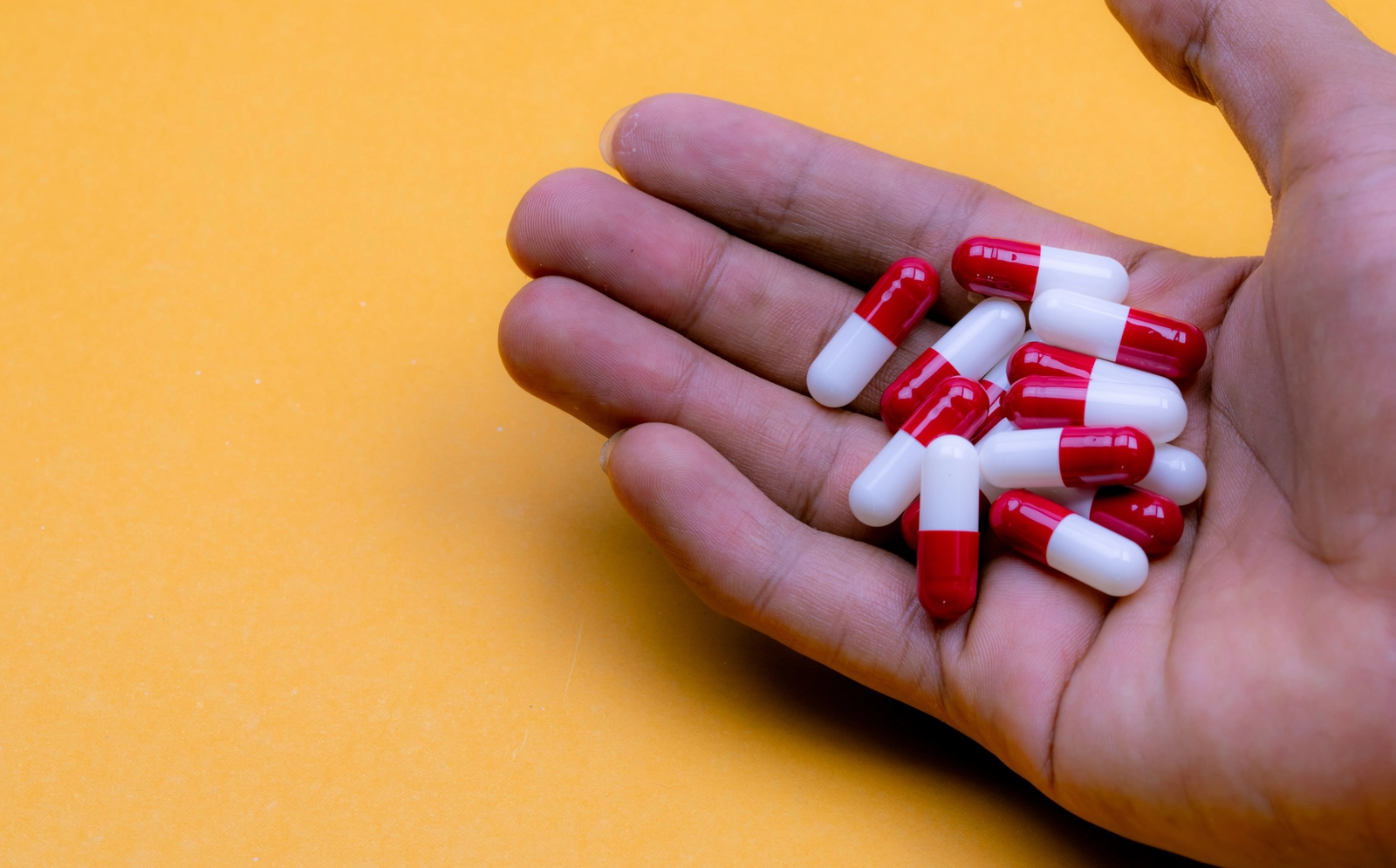Adderall vs. Vyvanse: Similarities, Differences, and Effectiveness

Both Adderall and Vyvanse treat attention-deficit hyperactivity disorder (ADHD) effectively but differ in key ways. These medications improve focus and reduce impulsivity through similar mechanisms, yet they have distinct characteristics that affect patient experiences. Doctors prescribe these stimulant medications based on your personal needs, considering factors like duration of action, metabolism, and side effect profiles.
Key Points
- Both Adderall and Vyvanse increase dopamine and norepinephrine levels in the brain to treat ADHD, though Vyvanse requires metabolic conversion first as a prodrug.
- Adderall comes in immediate-release (4-6 hours) and extended-release (10-12 hours) formulations, while Vyvanse offers only extended-release capsules lasting 10-14 hours.
- Both medications treat ADHD, but Adderall is also approved for narcolepsy while Vyvanse is approved for binge eating disorder.
- Both medications share similar side effects, though Vyvanse often produces milder but more consistent effects with less pronounced “crashes” than Adderall.
- Choosing between these medications depends on treatment history, daily schedule, metabolism, side effect sensitivity, misuse potential, and symptom patterns.
What is Adderall?
Adderall combines dextroamphetamine and amphetamine, stimulating the central nervous system.[1] The medication increases dopamine and norepinephrine levels in the brain, which improves attention, focus, and behavioral control. The FDA approved Adderall for ADHD treatment in both children and adults, with availability in immediate-release (IR) and extended-release (XR) formulations.
Doctors prescribe Adderall at various dosages based on age, symptom severity, and individual response. The immediate-release version requires multiple daily doses while the extended-release formula provides all-day coverage with a single morning dose. Many patients notice improved concentration, decreased impulsivity, and enhanced task completion when taking this medication as prescribed.
What is Vyvanse?
Vyvanse contains lisdexamfetamine, a prodrug that remains inactive until the body metabolizes it in the digestive system.[2] The liver converts lisdexamfetamine and dextroamphetamine, increasing dopamine and norepinephrine levels in the brain. This unique chemical structure gives Vyvanse a more gradual onset and longer duration of action compared to other ADHD medications.
The FDA approved Vyvanse for ADHD treatment in children, adolescents, and adults. Doctors also prescribe it for moderate to severe binge eating disorder in adults. Vyvanse comes in capsule form with multiple dosage options, and many people report smooth, consistent symptom control throughout the day with fewer ups and downs than experienced with other stimulants.
Adderall vs. Vyvanse: How Are They Similar?
Adderall and Vyvanse share several fundamental characteristics despite their different formulations. Both medications effectively treat ADHD symptoms through similar mechanisms of action in the brain.[3]
- Therapeutic class: Both belong to the amphetamine family of stimulant medications.
- Mechanism: Both increase dopamine and norepinephrine levels in the brain.
- Treatment purpose: Both effectively reduce ADHD symptoms including inattention, hyperactivity, and impulsivity.
- Prescription status: Both require a prescription and are classified as Schedule II controlled substances.
- Side effect profile: Both may cause decreased appetite, insomnia, increased heart rate, and dry mouth.
- Effectiveness: Both show similar overall efficacy rates in clinical studies for ADHD management.
- Duration options: Both offer extended-release formulations for once-daily dosing.
- Monitoring needs: Both require regular medical check-ups to assess effectiveness and side effects.
- Contraindications: Both should be avoided by people with certain cardiovascular conditions or a history of stimulant misuse.
How Are They Different?

Adderall and Vyvanse differ in several important ways that affect how they work in the body and how people experience them as medications.[4]
- Chemical structure: Adderall contains mixed amphetamine salts while Vyvanse contains lisdexamfetamine, a prodrug.
- Activation method: Adderall activates immediately upon absorption. Vyvanse requires enzymatic conversion in the body before becoming active.
- Onset time: Adderall begins working within 30 minutes. Vyvanse typically takes 60 to 90 minutes to start working.
- Duration: Adderall IR lasts four to six hours while Adderall XR lasts about 10 to 12 hours. Vyvanse typically provides 10 to 14 hours of coverage.
- Dosing options: Adderall offers immediate and extended-release options. Vyvanse comes only in extended-release capsules.
- Abuse potential: Vyvanse has lower abuse potential due to its prodrug formulation which prevents crushing or snorting for faster effects.
- Approved uses: Vyvanse has FDA approval for moderate to severe binge eating disorder in addition to ADHD. Adderall only has approval for ADHD and narcolepsy.
- Release pattern: Adderall may create more noticeable peaks and valleys in symptom control. Vyvanse often provides smoother coverage throughout the day.
- Available formulations: Adderall comes in tablets. Vyvanse comes in capsules that can be opened and mixed with water or food.
- Generic availability: Generic versions of Adderall exist. Vyvanse remains under patent protection, and no generic versions are currently available.
Do They Have Different Side Effects?
Adderall and Vyvanse share the most common side effects due to their similar mechanisms of action. However, some differences exist in how these side effects come about due to their distinct profiles:[5, 6]
- Intensity timing: Adderall may cause more intense initial side effects that diminish more quickly. Vyvanse often produces milder but more consistent side effects throughout the day.
- Appetite suppression: Both medications reduce appetite, but some people report less severe appetite suppression with Vyvanse due to its gradual release.
- Sleep disturbances: Adderall may cause more sleep difficulties if taken later in the day. Vyvanse’s longer duration can affect sleep if taken too late, but some find its smoother profile causes fewer insomnia issues.
- Mood changes: Adderall sometimes creates more noticeable mood fluctuations as levels rise and fall. Vyvanse’s gradual metabolism often results in fewer mood swings.
- Crash symptoms: Some people experience more pronounced “crashes” as Adderall wears off. Vyvanse typically has a more gradual tapering effect.
- Cardiovascular effects: Both increase heart rate and blood pressure, but Adderall’s immediate release version may cause more noticeable spikes in these measures.
- Digestive symptoms: Both can cause stomach discomfort, but some people report fewer gastrointestinal issues with Vyvanse.
- Anxiety levels: Some report more pronounced anxiety with Adderall compared to Vyvanse, particularly during initial dosing periods.
What Factors Should Be Considered When Selecting the Appropriate Medication for ADHD?
Several important factors influence the selection of Adderall versus Vyvanse for ADHD treatment:
- Treatment history: Previous responses to either medication or similar stimulants help predict effectiveness.
- Daily schedule needs: A person’s daily routine determines whether shorter or longer-acting medication works better.
- Metabolic differences: Individual metabolism affects how quickly each medication processes in the body.
- Side effect sensitivity: Personal tolerance for specific side effects guides medication choice.
- Misuse potential: Risk factors for stimulant misuse may influence prescription decisions.
- Age considerations: Different age groups sometimes respond differently to each medication.
- Dosing preferences: Some people prefer once-daily dosing versus multiple doses throughout the day.
- Symptom patterns: The timing and severity of ADHD symptoms throughout the day affects which medication might work better.
- Lifestyle factors: Diet, exercise habits, and sleep patterns impact medication effectiveness.
- Other medications: Potential interactions with existing prescriptions influence which ADHD medication works best.




